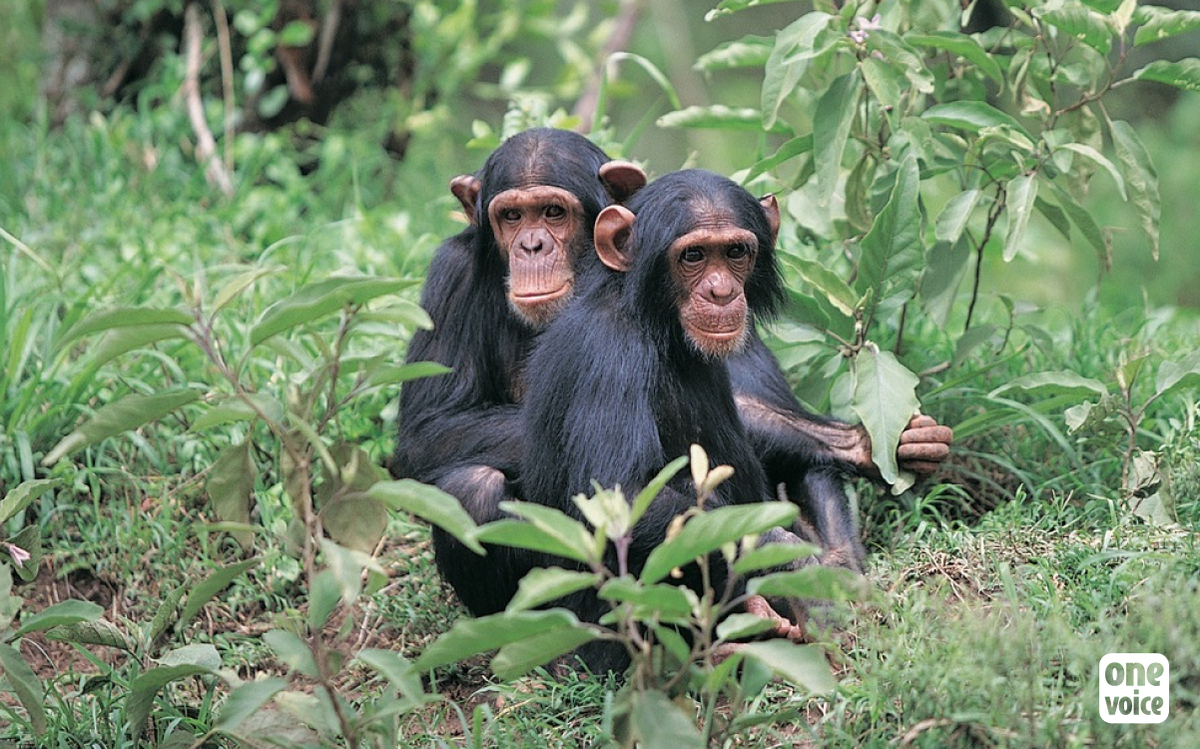

Have chimpanzees undergone illegal experimentation?
Despite canine deaths in pre-clinical tests, Portugese pharmaceutical, Bial, continued to human and primate trials that resulted in six critical hospital admissions in January this year. The French minister of health, Marisol Touraine, has confirmed that preliminary drug tests were carried out on primates. One Voice is working to get clear answers.
While Bial has claimed in media reports to have complied “with international best practices,” One Voice questions whether the tests on the chimpanzees were carried out after “Directive 2010/63/EU” went into effect. This legislation, adopted in September 2010, serves to protect animals used for scientific purposes in the European Union. If so, why would Bial have been exempt from abiding by this law?
On January 21, 2016, with the backing of MP Laurence Abeille, One Voice wrote to Marisol Touraine requesting that she specify how the chimpanzees were used in these trials, and whether the conditions were legal or not.
The European Directive EU/63/2010, already in application during these chimpanzee trials, bans all experiments on chimpanzees and apes, except under exceptional circumstances.
It came into effect as domestic law by decree on February 1, 2013. Simply put, these legal texts indicate that the use of chimpanzees for experimentation would have been strictly limited and regulated if the trials took place recently.
One Voice is firmly resolved to get to the bottom of this scandal, pressing charges if laws were broken, and to continue promoting toxicogenomic testing as an alternative to animal testing.